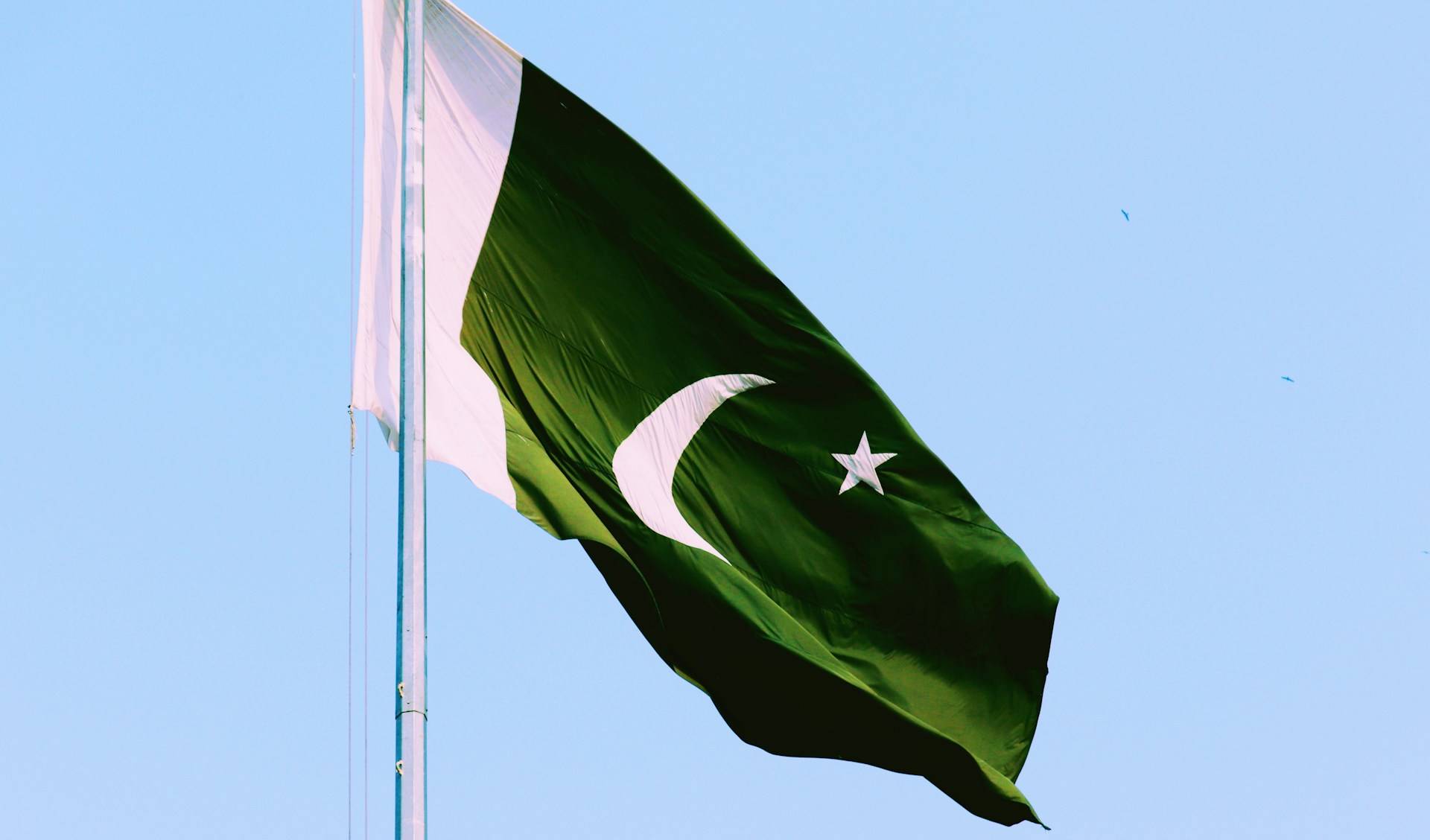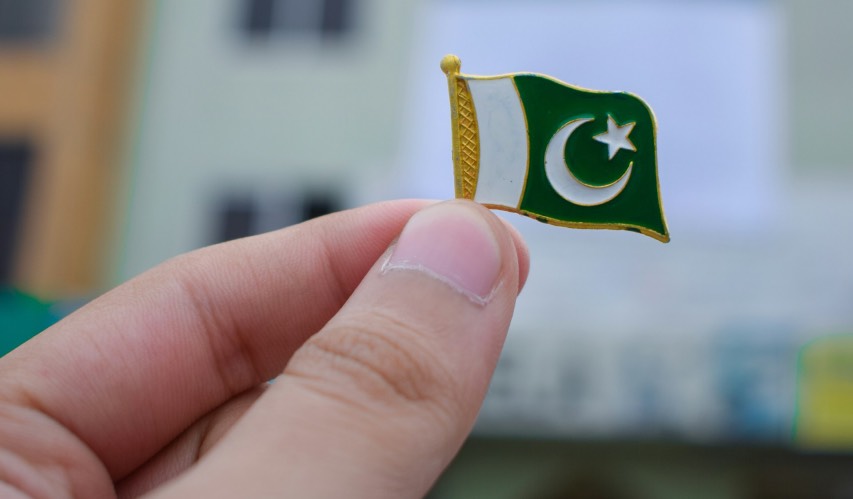Both Pakistan and India held national elections in 2024; their mutual relations are key to regional stability and peace. In this post, Muhammad Ahmad Khan and Saniya Khan discuss how Pakistan views India after the elections, and what options are available to begin to mend their currently strained relations.
During every Vidhan Sabha (State Assembly) or Lok Sabha (National) election, Indian Prime Minister Narendra Modi’s Bharatiya Janata Party (BJP) comes up with catchy assertive slogans that reflect the party’s dominance in India’s political sphere. From slogans like ‘Modi ki Guarantee’ (lit., ‘Modi’s Guarantee’) to ‘Ab ki Baar 400 Paar’ (lit., ‘This time, Cross 400’ — referring to the number of seats in the Lok Sabha), the BJP has assertive meanings behind these slogans. As the BJP’s manifesto affirms, their government will continue the existing socio-economic and diplomatic policies.
The ‘400+’ seats slogan raised eyebrows about the Party’s intent to achieve something exceptional in independent India’s political history. To do something ‘exceptional’, the BJP needed a majority, which they referred to as securing 370 seats — a tribute to their abrogation of Article 370 (relating to the special status of Kashmir), and 400 seats for the National Democratic Alliance (NDA, i.e., BJP + allies). And what might these ‘exceptional’ actions have been? A modification of the Indian constitution as the opposition hinted, territorial expansion either towards Pakistan’s Gilgit Baltistan (GB) or Sri Lanka’s Katchathevu Island, or seeking a permanent seat at the United Nations Security Council (UNSC). With all these messages in BJP’s political communication, the general public and international media, contrary to Indian experts, assumed the BJP would establish an exemplary government in post-elections India (which ended on 4 June 2024).
*
But, what do these postures mean for regional countries — especially Pakistan — amidst the recent discourse of reviving peace talks?
Pakistan also concluded her parliamentary elections in February 2024, with a coalition government now trying to manage the country’s serious economic issues. As the inflation rate remains at 20.4 per cent and the GDP growth rate is reduced to a mere 2 per cent, the government in Pakistan is going through hard times. To manage these economic issues, the leadership here is taking various decisions: Prime Minister Shehbaz Sharif visited Saudi Arabia to kindle trade ties, and then again on 27 April for a World Economic Forum (WEF) meeting; the late Iranian President Ebrahim Raisi visited Pakistan shortly before his death; and meetings with IMF delegations have been ongoing (for the 24th bail-out package). Following these interactions, Saudi Arabia has expressed interest in investing US$5 bn, and the Iranian President had said that they too wanted to enhance trade with Pakistan by up to US$10 bn annually, to be taken further (hopefully) by the recently elected President Masoud Pezeshkian.
With all these decisions came the Pakistan government’s willingness to also revive trade relations with India: Foreign Minister Ishaq Dar said that the country will seriously consider reviving trade relations with India. Although seen as a positive gesture in some quarters, the leadership in India reacted from a position of dominance as their Minister for External Affairs S. Jaishanker said that ‘India is in no mood to overlook terrorism just because there was so much else at stake.’ Indian Prime Minister Narendra Modi is also on record, saying that ‘suppliers of terror are struggling to get flour’ — referring to Pakistan. Nonetheless, political and economic experts believe that India may be inclined to negotiate, if only on its terms. Because of Pakistan’s precarious economic and political situation, the country will be pushed to compromise, particularly on their stance on the Kashmir issue. How the political leadership in Pakistan will take India’s policy approach remains to be seen.
Trade between the two countries was permanently suspended in 2019. Accusing Pakistan for the attack on Pulwama, India withdrew its Most Favoured Nation (MFN) trade status from Pakistan, and instead imposed a 200 per cent duty on Pakistani goods entering India. Against the backdrop of these economic and military tussles, in August 2019 the BJP abrogated Article 370 of the Indian Constitution that had guaranteed right to self-determination to Kashmiris. Consequent to that, then Prime Minister Imran Khan’s government suspended all trade relations with India, bringing everything to a halt.
*
Thus far, two major issues have caused the two countries to remain trapped in hostility: Kashmir and terrorism. However, with both countries having gone to elections in 2024, it was expected that they would consider normalisation of relations for the coming future. Both India and Pakistan know in their minds that normalisation of relations is economically and diplomatically desirable: the World Bank Report in 2018 showed that the two countries have trade potential of US$37 bn. But this can happen only by the political will of both sides.
Apart from Pakistan’s political will, it is hard for the two countries to sit around a table to discuss matters. Having economic superiority (and with accusations about sponsoring terrorism), the Indian leadership will want concessions from Pakistan, particularly regarding Kashmir; but at a recent conference at the Insititute of Strategic Studies Islamabad (ISSI), leading diplomatic and political experts on India and Pakistan affirmed that Pakistan was unlikely to compromise on its position on Kashmir. Although the country fully supports peace in the region and good relations with all neighbours, this gesture must not be mistaken as a weakness of Pakistan. Negotiation can only succeed if both countries agree to understand each other’s concerns respectfully. India, though in a much stronger economic position, must not assume that it can persuade Pakistan because of its weak economy.
The BJP has always used anti-Pakistan rhetoric in its election campaigns. But in their 2024 election manifesto, Pakistan finds mention only in the context of building infrastructure on the Pakistan–India border. At the moment, the only major hurdle appears to be the BJP’s stubbornness to negotiate from an upper and dominant position and ask Pakistan for concessions that are not acceptable by the latter.
*
The BJP has secured the majority in the Lok Sabha elections but far less than the ‘400+’, or even 370, for itself. The finally tally sits at 240 seats for the BJP, and 293 for the NDA — far short of expectations; political experts like Parakala Prabhakar consistently argued that the BJP would only be able to secure around 240–260 seats. But even then, India’s relations with Pakistan under BJP remain a pipe dream. A lot has to change, particularly the mindset. Leadership in Pakistan is now willing to take steps, which Delhi must also consider for better regional integration. Multiple initial steps can lead towards cooperation in other areas. During this process, India and Pakistan can negotiate small concessions. But considering negotiating only on one’s terms would not be possible politically, especially in the South Asian political and strategic context. There are still some opportunities (like reviving the South Asian Association for Regional Cooperation (SAARC)) where both countries can at least sit together — consideration of other issues like Kashmir, trade, the Indus Waters Treaty (IWT), and terrorism can follow.
*
The views expressed here are those of the authors and do not represent the views of the ‘South Asia @ LSE’ blog, the LSE South Asia Centre or the London School of Economics and Political Science. Please click here for our Comments Policy.
This blogpost may not be reposted by anyone without prior written consent of LSE South Asia Centre; please e-mail southasia@lse.ac.uk for permission.
Banner image © Subhash Nusetti, 2020, Unsplash.
*







